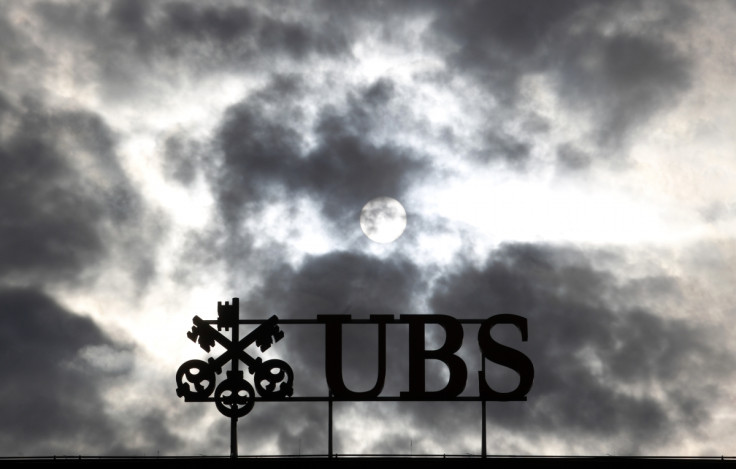Ex-UBS Martin Lack Pleads Guilty to Client Tax Evasion Charges

Former UBS banker Martin Lack is the latest out of a long line of ex-financiers at the Swiss giant to plead guilty to helping clients evade tax in the US.
Speaking in a federal court in Fort Lauderdale, Florida, Lack admitted he helped wealthy clients evade US tax payments for 17 years, after turning himself in five months ago.
UBS admitted to aiding tax evasion and paid a $780m (£469m, €571m) penalty in 2009 after which the bank handed over data on 250 accounts held by US citizens and later disclosed information on another 4,450.
However, more than 43,000 U.S. taxpayers avoided prosecution since 2009 by voluntarily disclosing their offshore accounts.
They also avoided jail time or by paying back taxes, fines and penalties.
Forming an Orderly Line
Lack joins fellow ex-UBS bankers, Christos Bagios, Renzo Gadola and Bradley Birkenfeld, who have all pleaded guilty to helping UBS conduct mass tax evasion in the United States.
Meanwhile, US prosecutors allege that another former UBS banker, Raoul Weil, oversaw schemes that helped 17,000 American clients with $20bn in assets, systematically evade taxes between 2002 and 2007.
The 54-year-old Swiss citizen, who used to be head of wealth management at Zurich-based UBS, had been held in an Italian jail for five weeks after he was arrested in Bologna where he was on holiday with his wife.
He was scheduled for trial in Florida on 18 February but this has not been postponed for eight months. He had been expected to plead not guilty to the charges.
However, lawyers for UBS whistleblower Bradley Birkenfeld, the bank employee who revealed the tax fraud conspiracy to US authorities in 2007, raised concerns that Weil may be negotiating a "sweetheart" deal".
Birkenfeld spent time in prison in the US, he later received a $104m whistleblower reward via the Internal Revenue Services.
The Lack case is U.S. v. Lack, 11-cr-60184, U.S. District Court, Southern District of Florida (Fort Lauderdale).
What is the Difference Between Tax Avoidance and Tax Evasion?
Tax avoidance is the legal way of reducing one's tax bill by using a number of accounting methods to achieve this. Tax avoidance methods usually involve complicated ways in changing one's business structure through incorporation, establishing an offshore company in a tax haven, or even deducting tax for materials or equipment use. The company also fully discloses this information to the tax authorities.
Tax evasion is an illegal way of reducing one's tax bill. This involves deliberately misrepresenting or concealing the true state of their affairs to the tax authorities to reduce their tax liability, and includes, in particular, dishonest tax reporting.
© Copyright IBTimes 2025. All rights reserved.






















